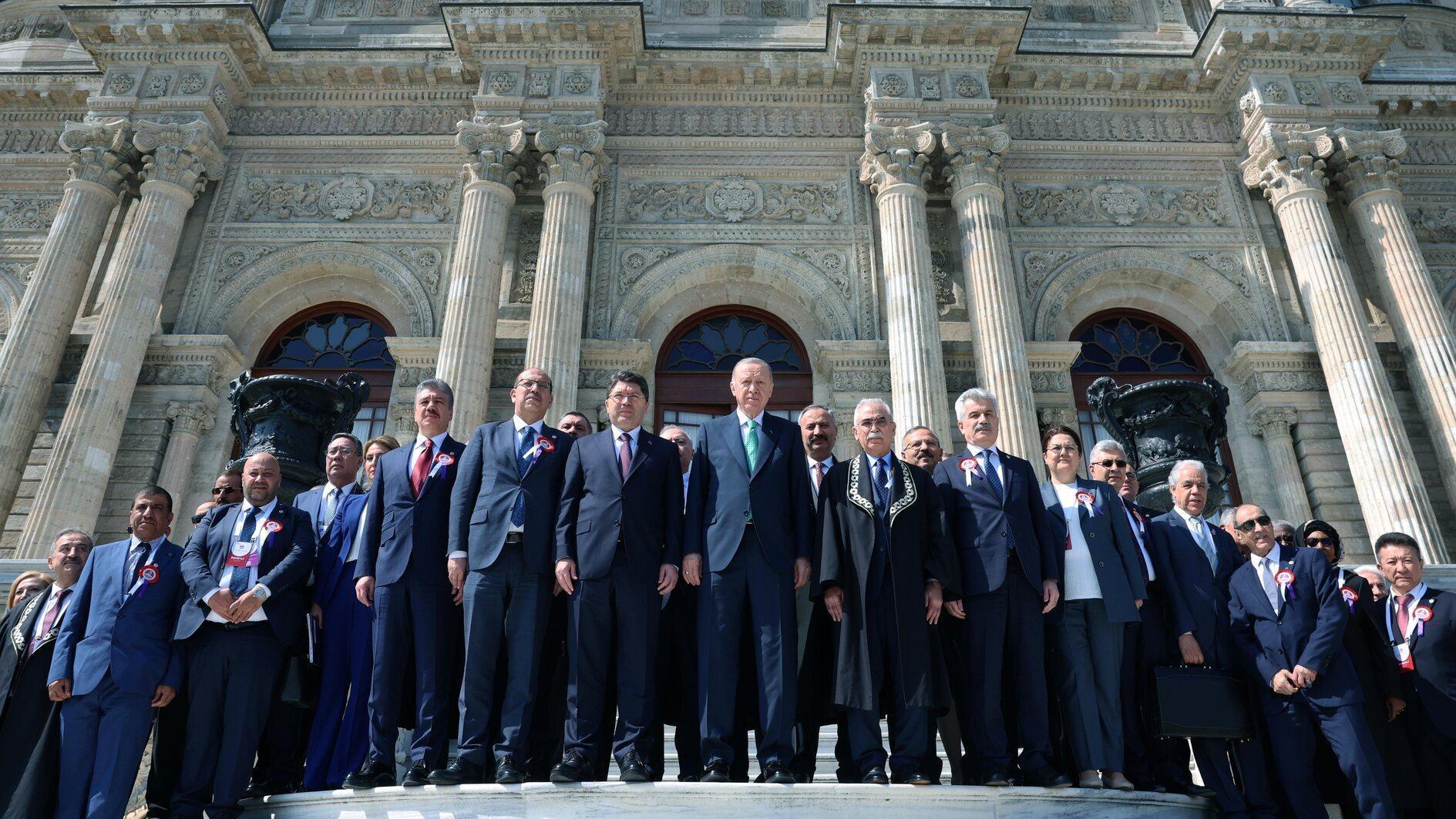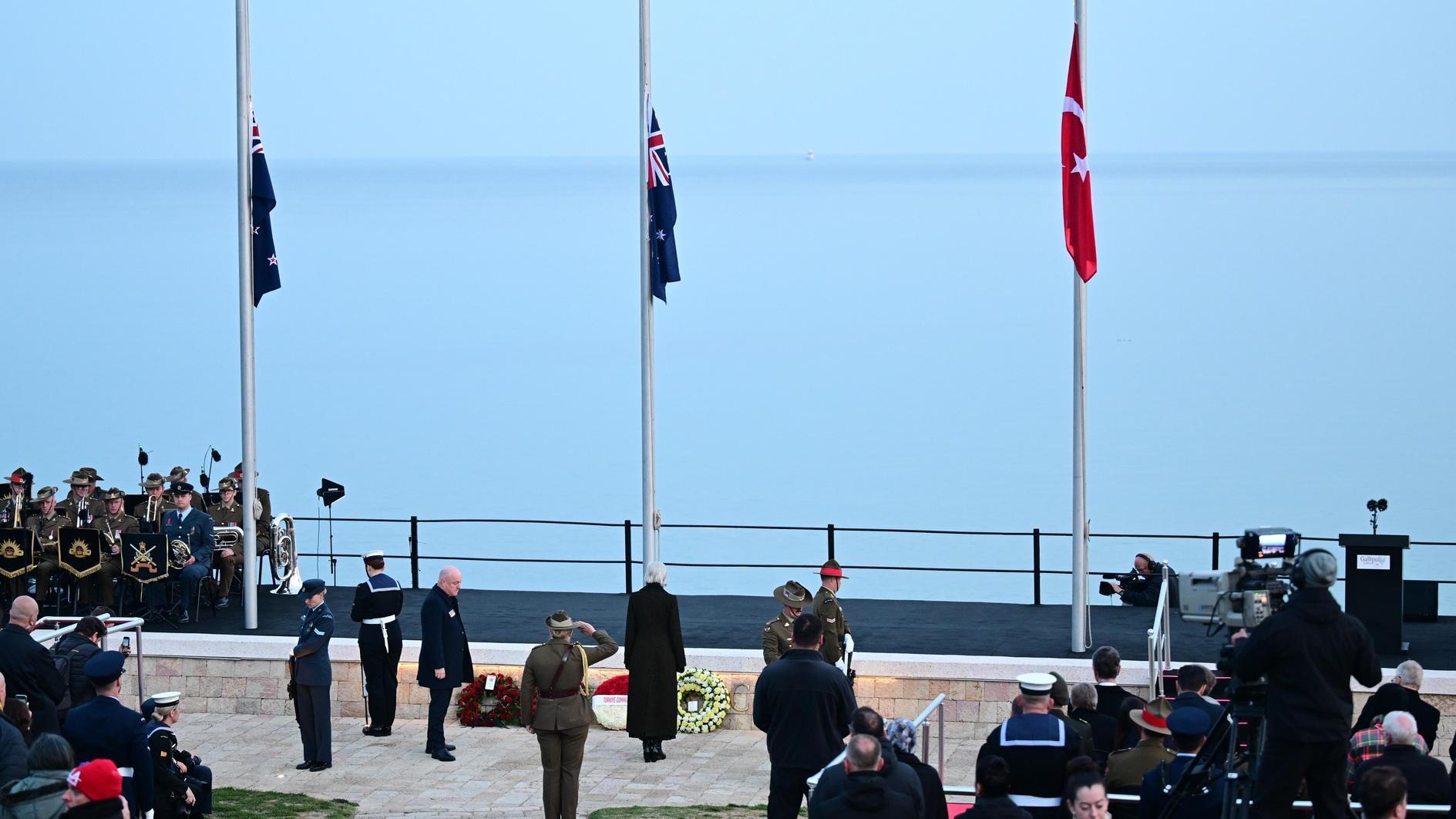How the AKP sees the world
Yeni Şafak, one of the many Turkish newspapers that passionately supports President Tayyip Erdoğan and his AKP (Justice and Development Party) government, had an interesting headline yesterday: “They opened war with five newspapers: The target is Muslim leader Erdoğan.” The “they” in this sentence was not clearly identified, but they presumably were the dark anti-Islamic powers of the West. The “news story” then explained:
“Western and especially British media, which sees it a mission to insult Erdoğan, intensified its attacks before June 7 [the day of the elections.]… Meanwhile, this anti-Erdoğan hatred of the West was exposed in The Guardian editorial of a few days ago.”
Once I read this, I noticed that I had missed that pivotal The Guardian editorial. To see what it was all about, I kept on reading Yeni Şafak. I was soon informed that the British paper dared to write this unbelievable verdict:
“Not fully-Westernized, poor Muslims cannot be allowed to run their own countries.” (In Turkish: “Tam Batılılaşmamış, yoksul Müslümanların kendi ülkelerini yönetmelerine izin verilemez.”)
This really sounded like some social Darwinian statement from a late 19th century arrogant Western politician. But it also sounded a bit bizarre – especially coming from the left-wing Guardian. So I checked what the paper really wrote, and found this:
“Mr. Erdoğan has maximized his constituency in the somewhat poorer, somewhat less westernized and more religiously inclined segments of Turkish society, and he has acquired a substantial body of big business supporters who benefit from association with him. But he has no lines out to the younger, more modern classes of Turkey, people with concerns about the environment, sexual tolerance, ethnic and religious pluralism, and grassroots activism, as was shown by his bilious reaction to the protests against plans to replace a park in central Istanbul with a shopping mall in 2013. He has captured one half of his society but lost the other half, if he ever had any hold on it. That is unhealthy.”
So, The Guardian really had referred to “somewhat poorer, somewhat less westernised and more religiously inclined segments of Turkish society.” But it did not assert, “They cannot be allowed to run their own country.” This latter statement was Yeni Şafak’s imagination. It was also a very significant example of how the AKP and its supporters have begun to see the world in the past two years.
I am referring to the past two years, for this conspiracy-obsessed narrative began with the Gezi Park protests of June 2013. Since then, Erdoğan and his cadre have believed “the West” wants to topple them because of two reasons: 1) They are good Muslims; and the West is Islamophobic. 2) They are building an “independent” Turkey; but the West wants a poodle dog.
Both of these presumptions may be substantiated with cherry-picked facts. Or blatantly distorted facts, as in the Yeni Şafak story above. However, they are in fact less about the West itself, but more about the Turkish opposition. For once you establish that there is a giant Western conspiracy against Erdoğan, any Turk who dares to oppose or even criticize him automatically becomes a treacherous pawn of this plot. And the regime deserves to get more heavy-handed to deal with such “enemies within.”
This is the narrative of the AKP on the eve of the elections this Sunday. It is a narrative of not liberal democracy, for sure, but an authoritarian regime. And that is why my vote is not going to the AKP, as it used go happily throughout the first decade of this century.











